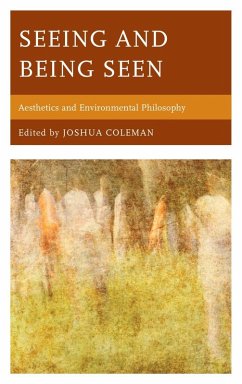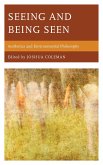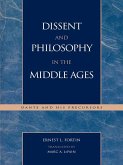Contemporary environmental Philosophy has overwhelmingly continued certain materialist assumptions toward nature. In its pursuit to better use nature's material offering for future generations, there remains little discussion about these materialist assumptions, much less their contribution to the current crisis. In fact, outside the Modern West, the vast majority of societies saw nature as bringing more than just material, that it brought something more than meets the eye. Thus our conceptions of what is actually seen impacts our response to it,and before even thinking about that response. Along these lines, our conceptions of beauty play a large role in how we approach and determine nature's value. Such aesthetic assumptions directly impact our desires with regard to nature, whether or not we see it as a place of sacred dwelling or merely for surface pleasure and use. And again, aside from the Modern West, nature has been seen as the former, naturally causing a sort of reverence which in turns alters our interactions with the natural world, as well as with non-human animals and other human beings. The ability, then, to see nature as a primary relationship, tied to our aesthetic conceptions and presuppositions, rather than only a place of use for our own continued biological existence, has the potential to impact communal desire with regard to the environment, and it is only such a change in communal desire that will make an effective and lasting impact on the current crisis.
Bitte wählen Sie Ihr Anliegen aus.
Rechnungen
Retourenschein anfordern
Bestellstatus
Storno









